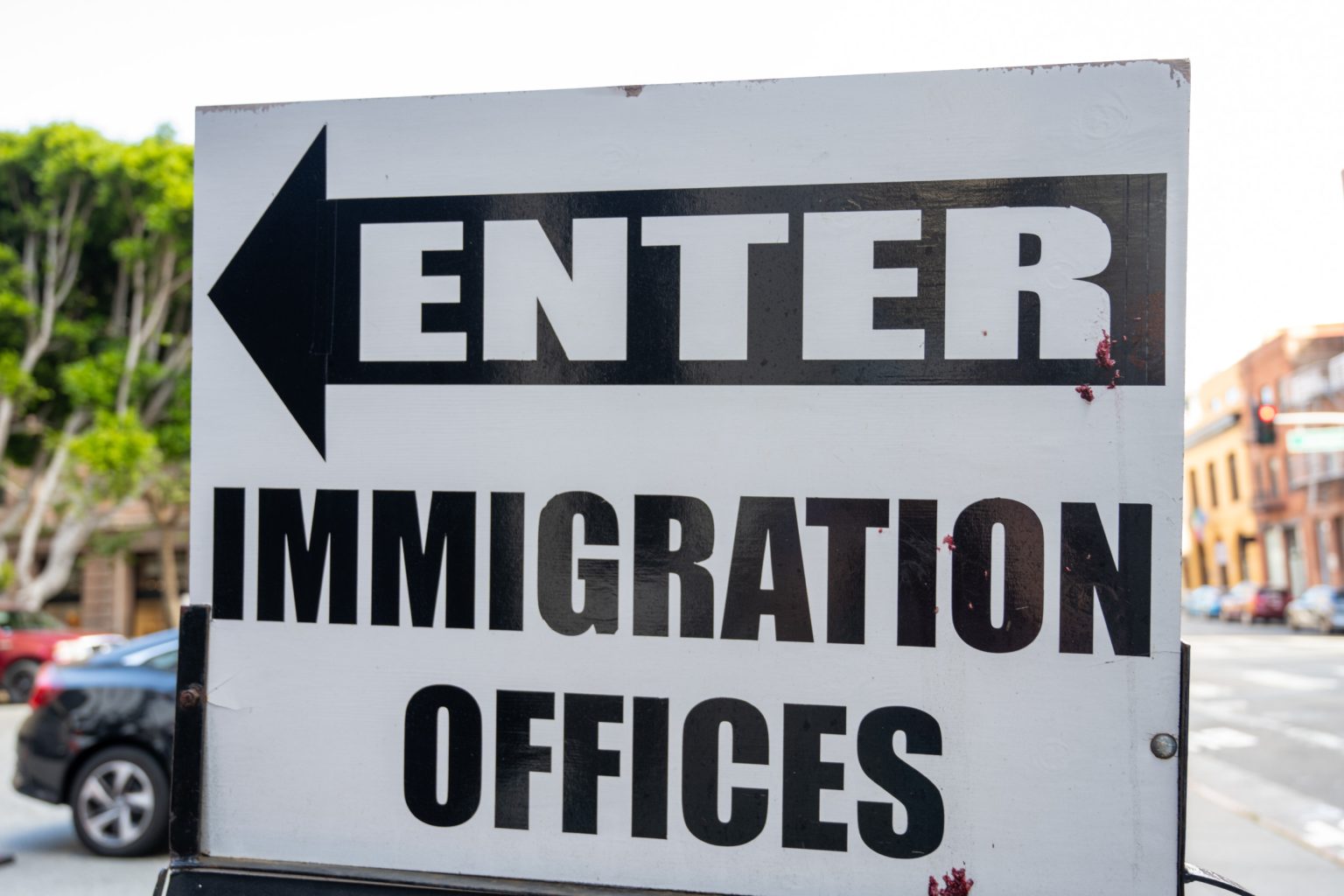The Protect Our Communities from DUIs Act: Reshaping Immigration Consequences
In a significant shift that could affect thousands of non-citizens living in the United States, the Protect Our Communities from DUIs Act proposes sweeping changes to how driving under the influence convictions impact immigration status. The bill, which passed the House of Representatives with strong support in June, would make any non-citizen convicted of or admitting to a DUI offense both inadmissible to the United States and deportable – regardless of whether they hold permanent residency status (a green card). Unlike current immigration law, which generally requires more serious offenses to trigger deportation proceedings, this legislation would apply immigration consequences to even a single DUI conviction or admission, whether classified as a misdemeanor or felony under any state, local, tribal, or federal law. For countless lawful permanent residents, international students, and visa holders with past DUI records, this change could suddenly put their lives in America at risk.
The legislation was introduced in January by Republican Representative Barry Moore of Alabama, before passing the House and moving to the Senate, where Tennessee Republican Senator Bill Hagerty introduced companion legislation. With eleven Republican co-sponsors, including now-Secretary of State Marco Rubio, the bill proposes two key changes: expanding inadmissibility criteria to include anyone “convicted of, admits having committed, or admits committing acts constituting the essential elements of driving while intoxicated or impaired,” and broadening deportability standards to cover any non-citizen convicted of a DUI-related offense, regardless of how local jurisdictions classify the violation. Supporters, including the White House Office of Management and Budget, frame the bill as essential for public safety, citing Immigration and Customs Enforcement (ICE) data showing more than 43,000 non-citizens arrested on DUI charges between 2018 and 2023.
“Dangerous behavior by illegal immigrants could put Americans at risk of death or serious bodily injury and should therefore affect the allocation of immigration enforcement resources,” argued Peter Lumaj, a former Republican U.S. Senate candidate, in comments to Newsweek. “Good moral character is required on someone who is not born in the USA to become a citizen. DUI is not an offense to be taken lightly, and it should be a basis for barring someone from being a citizen.” Senator Hagerty has similarly positioned the bill as a response to what he characterizes as “a surge in violent crimes committed by illegal immigrants,” stating that the legislation would “strengthen our ability to hold illegal immigrants accountable and protect our citizens.”
However, immigration attorneys and advocacy groups have raised significant concerns about the bill’s broad scope and potential consequences. One of the most alarming aspects for critics is that the legislation doesn’t require an actual conviction to trigger immigration consequences – simply admitting to drinking and driving at any point in the past could make someone inadmissible to the United States. This would apply even if charges were dropped, the person accepted a plea deal, or if the incident occurred many years ago. The Landerholm Immigration law firm warned clients that the bill “turns nearly every DUI case (even a single offense) into a serious immigration issue” affecting green card holders, undocumented immigrants, visa applicants, and those returning from international travel alike.
Immigration attorney Joseph Tsang highlighted on social media that “A DUI could get green card holders deported, even from ten years ago!” He further noted that while making communities safer is a goal everyone shares, “The core issue here is proportionality and process. This bill skips context. It skips rehabilitation. It skips due process.” This criticism speaks to a fundamental tension in the legislation – while driving under the influence is undeniably dangerous and worthy of serious consequences, the bill’s approach doesn’t account for rehabilitation efforts, the passage of time, or the severity of individual cases. A person who made a mistake decades ago, completed all court-mandated requirements, and has lived as a law-abiding resident ever since would face the same immigration consequences as someone with recent or repeated violations.
The legislation now awaits further consideration in the Senate, with no specific timetable established for potential passage. If it advances through the Senate and receives the president’s signature, it would dramatically reshape how DUI offenses interact with immigration law, potentially affecting thousands of non-citizens who have built lives, families, and careers in the United States. The debate around this bill reflects larger questions about immigration enforcement priorities, proportional consequences, and second chances. As former President Trump had prioritized removing violent offenders and the “worst of the worst” from U.S. soil, this legislation’s sweeping approach to non-violent offenses raises important questions about whether immigration penalties should account for rehabilitation, the passage of time, and individual circumstances rather than applying blanket consequences regardless of context.














